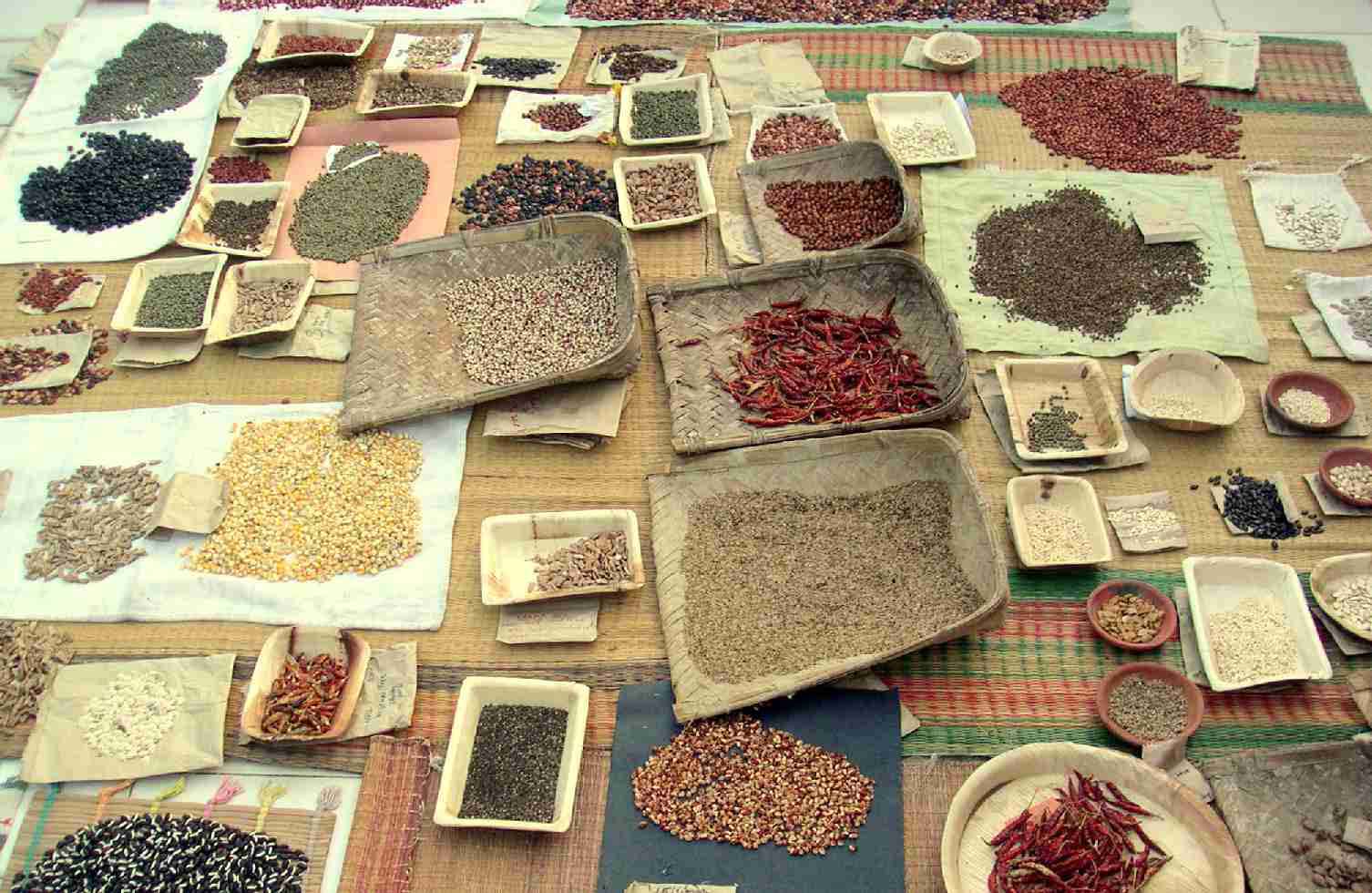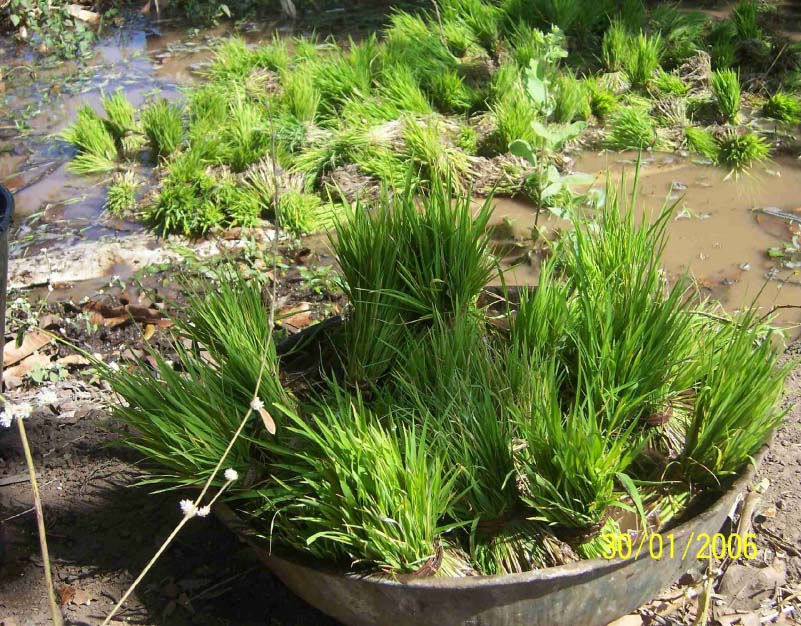Organic Farming Association of India (OFAI)
Presentations and papers from the South Asia Conference on "Outstanding Organic Agriculture Techniques" organised by the Organic Farming Association of India (OFAI) at Bangalore (2009)
Posted on 30 Mar, 2011 06:32 PMImage and Content Courtesy: Organic Farming Association Of India (OFAI)

A comprehensive set of presentations and papers from the "South Asia Conference on Outstanding Organic Agriculture Techniques" held at Bangalore, Karnataka on 10 and 11 September 2009, and organised by the Organic Farming Association of India (OFAI), National Center of Organic Farming (NCOF) and the Third World Network, Malaysia, covering various aspects of organic, natural and sustainable agriculture, is now available on the India Water Portal.
Introduction to organic, natural, sustainable agriculture - Presentations from the South Asia Conference on "Outstanding Organic Agriculture Techniques", Bangalore organised by OFAI (2009)
Posted on 20 Mar, 2011 05:44 PM This set of presentations from the conference on Outstanding Organic Agriculture Techniques held during September 2009 at Bangalore provides an introduction to organic farming, and bringing together various issues related to organic farming.
This set of presentations from the conference on Outstanding Organic Agriculture Techniques held during September 2009 at Bangalore provides an introduction to organic farming, and bringing together various issues related to organic farming.
Organic farming can feed the world
This presentation by Claude Alvares, deals with the work of India’s organic farming community and the Organic Farming Association of India (OFAI). It states that the best organic farmers look to the forest for their learning. It details out how one raises plants (or trees) without – (a) NPK (b) Dams and canal irrigation (c) Tractors (d) Pesticides, weedicides, fungicides, homicides (e) Bank credit or bank extension officers (f) Agricultural scientists or universities (g) Negative environmental effects like climate change and (h) Water pollution.